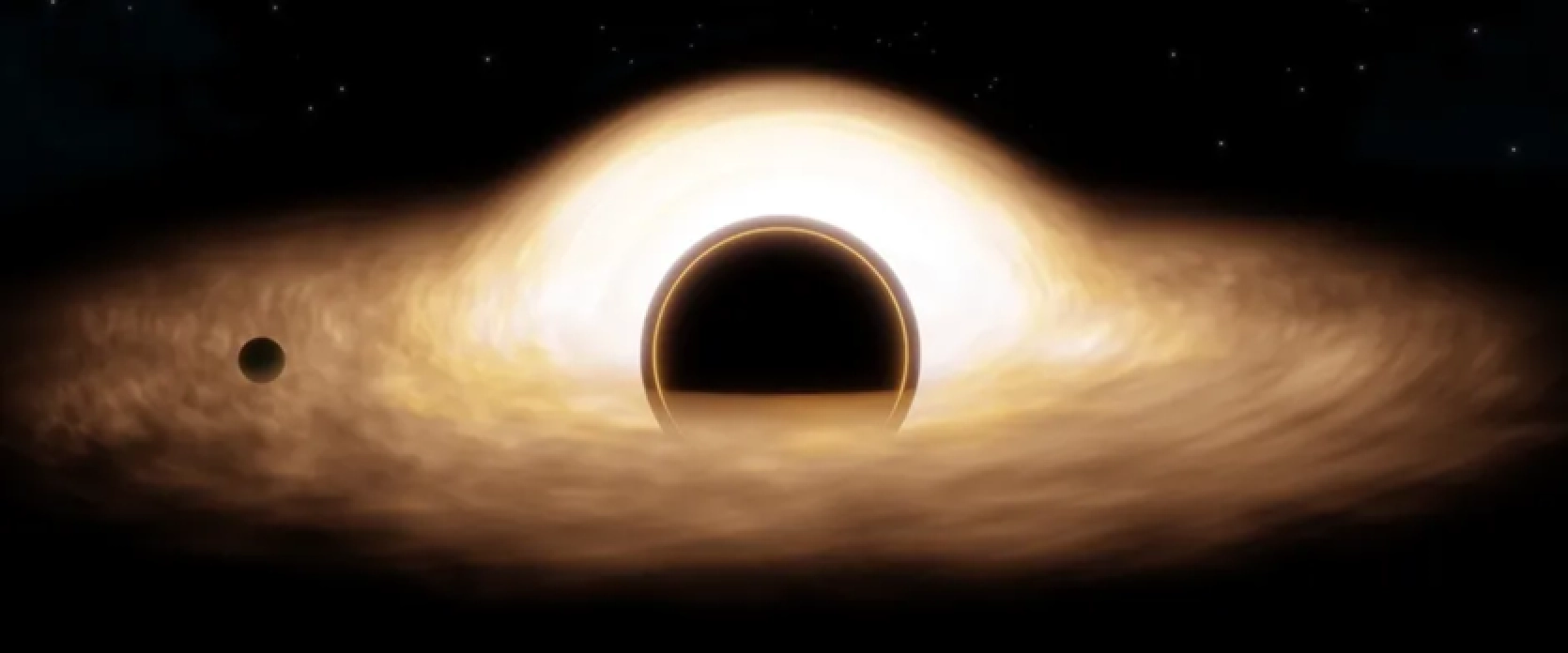Black holes are not just "cosmic vacuum cleaners," as some believe. In fact, their influence on the Solar System depends on many factors. Karina Vogel, a researcher from the Strasbourg Astronomical Data Center, explains that black holes are simply a very compressed mass, not a destructive force.
If a black hole were to enter our system, the main influence would be gravitational. Robert MacNiz, a physicist from Loyola University in Chicago, notes that the black holes known to us are significantly more massive than the Sun. They are divided into stellar - from several to 100 solar masses, and supermassive - millions or billions of solar masses.
There are also hypothetical microscopic black holes that could be formed in particle accelerators. According to Vogel, such objects would evaporate in less than a second without causing harm.
Some astronomers suggest that the hypothetical Ninth planet may have been an initial black hole. However, its influence on the orbits of planets is insignificant.
The passage of a massive black hole through the Solar System could cause a catastrophe. At a distance of 100 astronomical units, it would alter the orbits of Uranus, Neptune, and Pluto. Approaching Earth, a black hole could cause climate change or even destroy life on the planet.
However, the likelihood of such a scenario is extremely low. MacNiz compares this to the risk of colliding with an asteroid - the latter are more numerous, so the chances of a meeting are higher. Black holes, on the other hand, are rare objects in the Universe.
What is a black hole?
A black hole is a cosmic object with an extremely powerful gravitational field that does not even allow light to escape beyond its boundaries. These mysterious formations got their name because they do not emit light and appear completely black against the backdrop of space. The term "black hole" was introduced into scientific use by American physicist John Archibald Wheeler at the end of 1967.
The process of black hole formation usually begins when a star, whose mass is at least 20-25 times greater than the mass of the Sun, exhausts its nuclear fuel. Without the internal pressure that resists gravity, the star collapses, forming an object so dense that not even atoms can withstand the colossal pressure. This process leads to the formation of a singularity - a point with extremely high density of matter, surrounded by an event horizon, beyond which time and space are distorted beyond recognition.
Source: Livescience, Wikipedia














Comments (0)
There are no comments for now